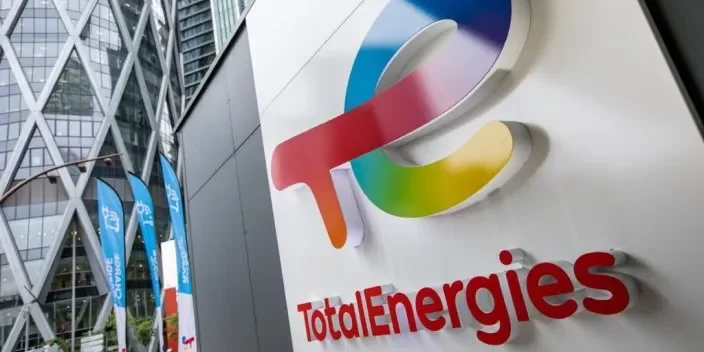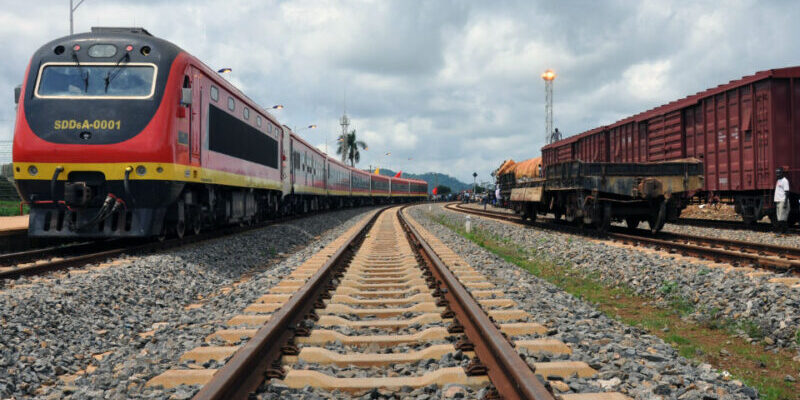French oil major TotalEnergies has chosen Angola over Nigeria for a $6 billion energy project.
The oil giant is moving forward with the development of the Kaminho oil project, located 100 km off the coast of Angola, following a final investment decision on the block, it announced on Tuesday.
The $6 billion project involves developing two oil fields, Cameia and Golfinho, located in Block 20/11, according to a statement from Angola’s national hydrocarbon agency, ANPG.
TotalEnergies CEO Patrick Pouyanne explained at the Africa CEO Forum in Kigali, Rwanda, that Angola offers a more stable policy framework, which is a critical consideration for businesses before initiating investments.
What he said:
“You love to debate. There is always a new legislature in Nigeria about a new petroleum law. When you have such permanent debates, it’s difficult for investors looking for long-term structure to know what direction to go,”
“In reality, the Niger Delta is the most prolific part of West Africa. But if you look at what happened, because of these debates, there has not been a single exploration in Nigeria for 12 years.”
“We have countries that have perfectly integrated policies like Angola. So, we go to Angola and announced a very large $6 billion projects in the beginning of the week because there their framework is stable. So we know where we go,” Pouyanne said.
Production start-up is expected in 2028, with a plateau of 70,000 barrels of oil per day, according to a statement from the French company.
TotalEnergies operates Block 20/11 with a 40% interest, while Malaysia’s Petronas holds another 40%, and Angola’s Sonangol has the remaining 20%.
Angola, where TotalEnergies is the leading operator, produces 1.1 million barrels of oil per day, making it Africa’s second-largest crude exporter. However, its oil fields are declining by 15% each year.
Although Angola exited the Organization of the Petroleum Exporting Countries (OPEC) in December 2023 after 16 years of membership, the country has launched an aggressive campaign to attract investors, sustain oil production, bring new reserves online, and increase natural gas production.
This initiative comes as sector interest shifts to newer discoveries in Guyana, Namibia, and Suriname.
SOURCE:africa.businessinsider.com
![]()




